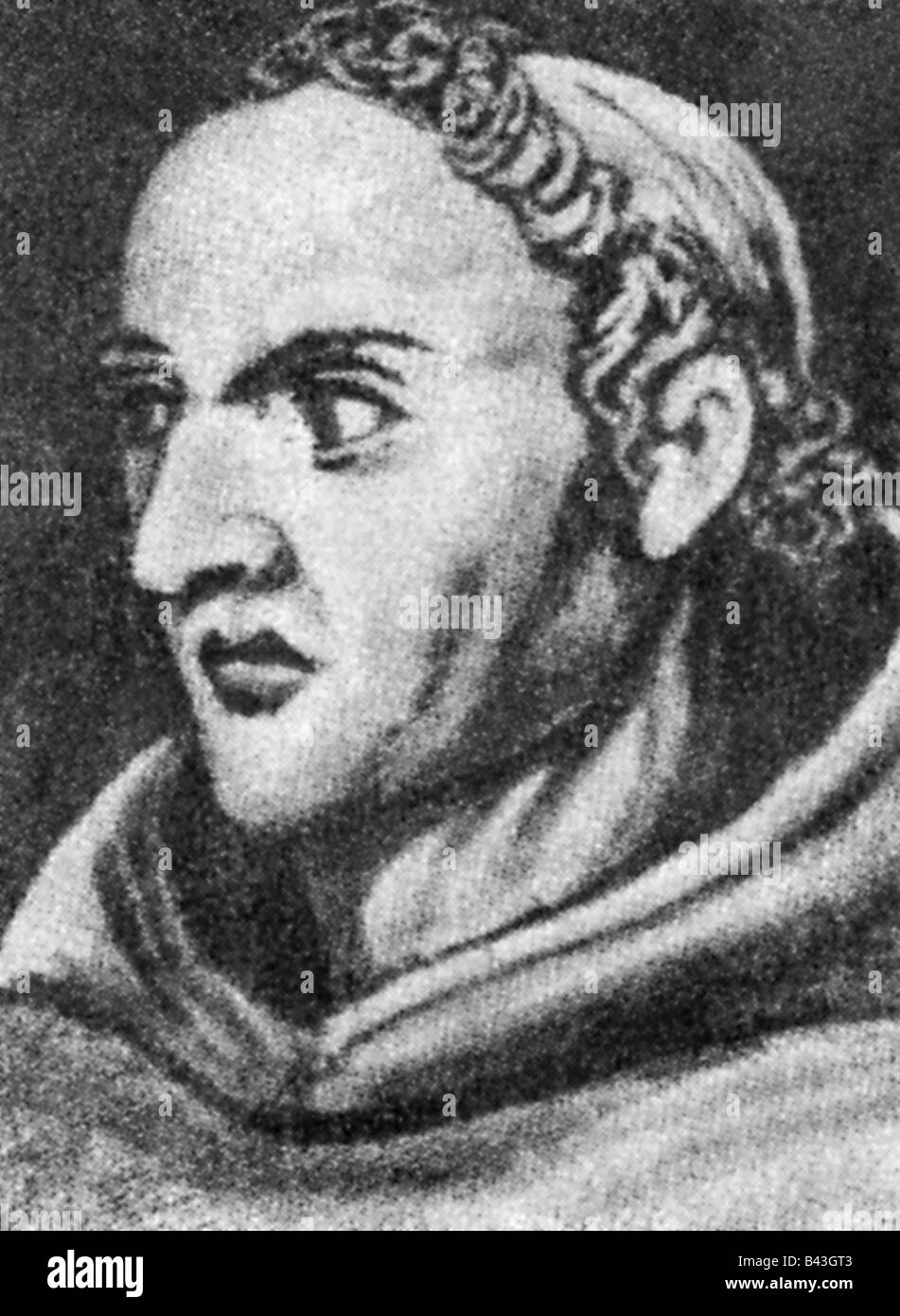

However, he based his categorisation on the notion of invisible but real universals, which are kind of invisible essences of objects. He again capped this otherwise infinite regress with the prime mover.Īristotle was also keen on categorising and provided the first stab at biological taxonomy by dividing plants and animals into categories. So, the purpose of trees was to provide wood, the purpose of wood was to provide fire, the purpose of fire was to warm humans. He also believed that some causes lay in the future, in the form of the purpose of objects or actions. More than a thousand years earlier, Aristotle attempted to pull a thread of science out of observations such as “everything that moves is moved by another” But he also drifted into his metaphysics by arguing that, to avoid an infinite regress of movers, there had to be a first cause or prime mover.

That there was such a discipline seems very odd today, but throughout most of human history, there hadn’t really been a distinction between the natural and supernatural. The Franciscans sent him to the University of Oxford to study the science of theology. We know little of William’s early years, only that he was born in the Surrey village of Occam and given to the Franciscan order as a child. If captured, they could face excommunication, imprisonment or even a slow death on a burning pyre. Two were senior members of the order whereas the third was a little-known English scholar, William of Occam. All students of medieval history and the history of political thought should be grateful.On the night of May 26th, 1328, three Franciscan friars slip out of the papal city of Avignon and ride south to the Crusader port of Aigues-Mortes.

The introductions of McGrade are clear and concise, the translations of Kilcullen fluent and accurate, and the footnotes provide material that will be helpful to a stdent without being too intrusive.a fine achievement. One would hope that more of Ockham's theological and philosophical treatises would undergo similarly outstanding editing and translating." Christianity and Literature, "The editor and translator have done their work excellently. The translation is faithful: it reminds one of Jowett on Plato." The Canadian Catholic Review, ".an exemplary addition to the study of late medieval thought. The texts themselves represent most periods of Ockham's polemical career. There are judiciously designed biographical, bibliographical, and textological sections, and an excellent Introduction for the uninitiated.

When read in conjunction with their earlier Short Discourse on Tyrannical Government, the new selections confirm that William of Ockham was a master of political thought in the western tradition. Recommended for serious scholars of the history of Western political thought." Choice, "The co-editors of this volume should be congratulated for providing much theoretical material to students of politics who do not have easy access to its original medieval Latin medium. The translations are careful and excellent, while still reading very casually. "This translation constitutes an important contribution to the history of Western political thought and is especially valuable as filling one of the many lacunae in the history of medieval political thought.


 0 kommentar(er)
0 kommentar(er)
